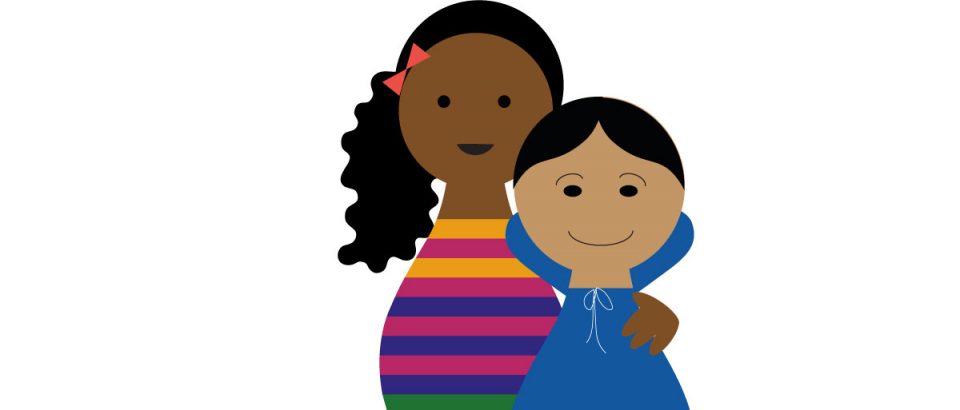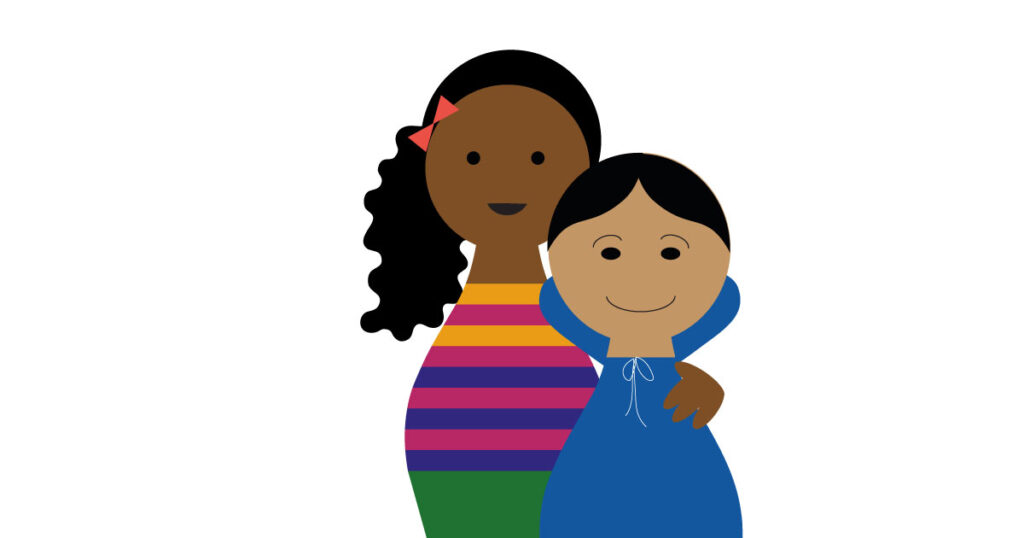That’s What Friends Are For!

We received data from 69 of our child helpline members who reported counselling contacts relating to Peer Relationships in 2021. Almost 1 in every 10 children or young people (up to the age of 24 years old) who reached out to a child helpline in 2021 made contact due to a concern relating to their relationship with a peer.
In 2021, our child helpline members around the world reported a total of 271,068 contacts about Peer Relationships, out of a total of 2,800,826 counselling contacts. This means that Peer Relationships accounted for 9.7% of all counselling contacts, showing how concerned children and young people are with their peer relationships. Almost half of the peer relationships contacts in 2021 related to Friends and Friendships (41.6%) with 112,651 contacts.
Friends and Friendships was the largest subcategory of peer relationships in the Africa, Asia-Pacific and MENA regions. In the Americas and the Caribbean and in Europe, Friends and Friendships was the second largest subcategory, following Partner relationships.
Why is friendship important? Friendship, and the social support it provides, is consistently associated with less psychological distress in children and young people. It is also related to other important outcomes in a child or young person’s life, such as school attainment and well-being. It may even act as a buffer against many mental health problems such as depressive symptoms and loneliness, as well as against issues that may arise from negative events in children’s lives – suffering from bullying, for example. For these reasons, it is crucial for children and young people to maintain positive relationships with their peers. Child helplines can support children and young people in those efforts by providing guidance and building the skills necessary to foster these positive relationships (friendships, romantic relationships and so on).
Positive peer relationships are a crucial aspect of the well-being of children and young people. As children and young people strive to maintain these positive relationships, child helplines play a crucial role in supporting them, all over the world.
